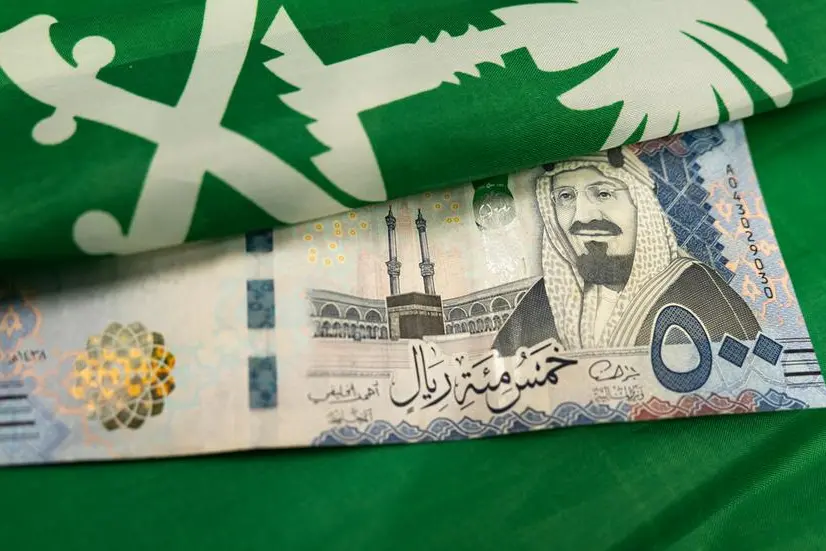PHOTO
Moody's Investor Service has changed its outlook for Saudi Arabia's banking system to positive from stable as high oil prices and the country's reform agenda boost economic growth, business confidence and government spending.
The ratings agency said this is nurturing sustained growth in the non-hydrocarbon sectors of the economy where the banks do most of their business. Increased spending will deliver non-oil GDP growth of around 4.7% in 2023.
Demand for credit is high and loan performance is improving, and this is likely to translate into robust profits for banks.
Capital will remain strong thanks to good internal capital generation and flexible dividend payouts, said the lead analyst Ashraf Madani and others.
However, banks face challenges from higher rates which are encouraging depositors to switch to more costly term deposits, squeezing interest margins. They also face risk from their over dependence on large single depositors such as the government and public entities.
Large government projects are boosting corporate credit demand. Growth in residential mortgages will continue, supported by a government initiative to increase home ownership, and an improved jobs outlook.
Lending to the private sector will expand by 9%-10%, Moody's said.
Last week, the S&P Global UAE Purchasing Managers' Index (PMI) said non-oil private sector slowed during May growth in new orders and output eased. Nevertheless, the index was a at healthy 58.5, well above the 50.0 growth threshold.
Meanwhile, brent crude futures were trading slightly higher at $72.34 a barrel this morning, after falling around $3 on Monday, Eikon data showed. Earlier this week, Goldman Sachs Group revised its year-end price estimate for Brent to below $90, following two previous downward revisions in the last six months.
(Writing by Brinda Darasha; editing by Seban Scaria)





















